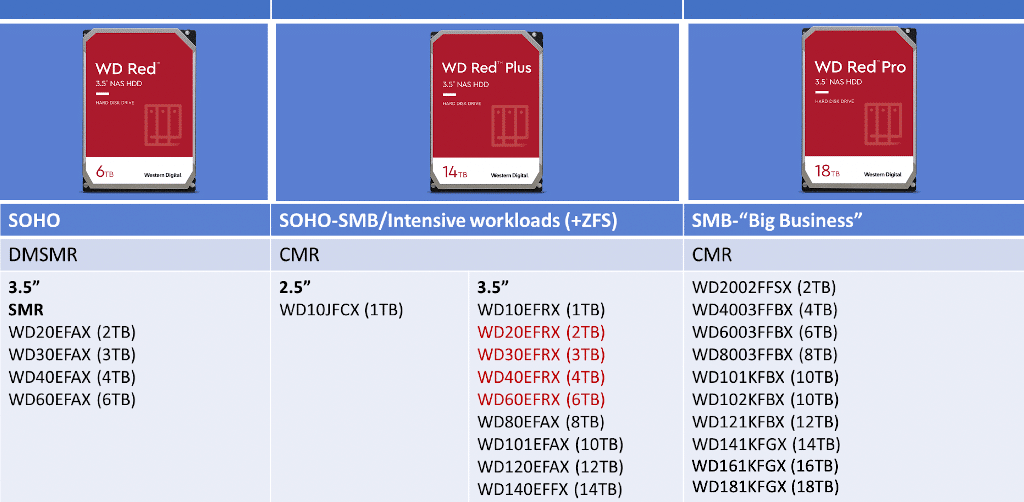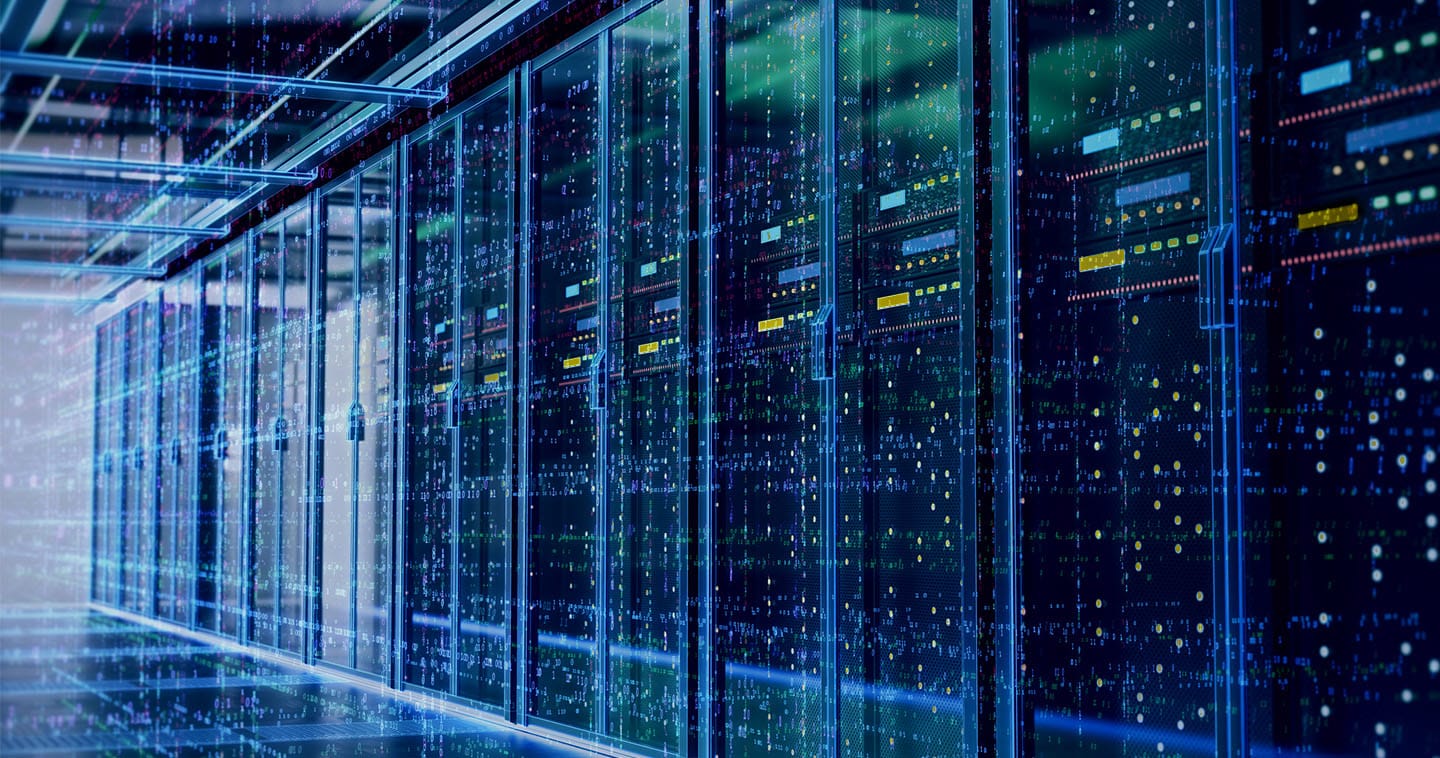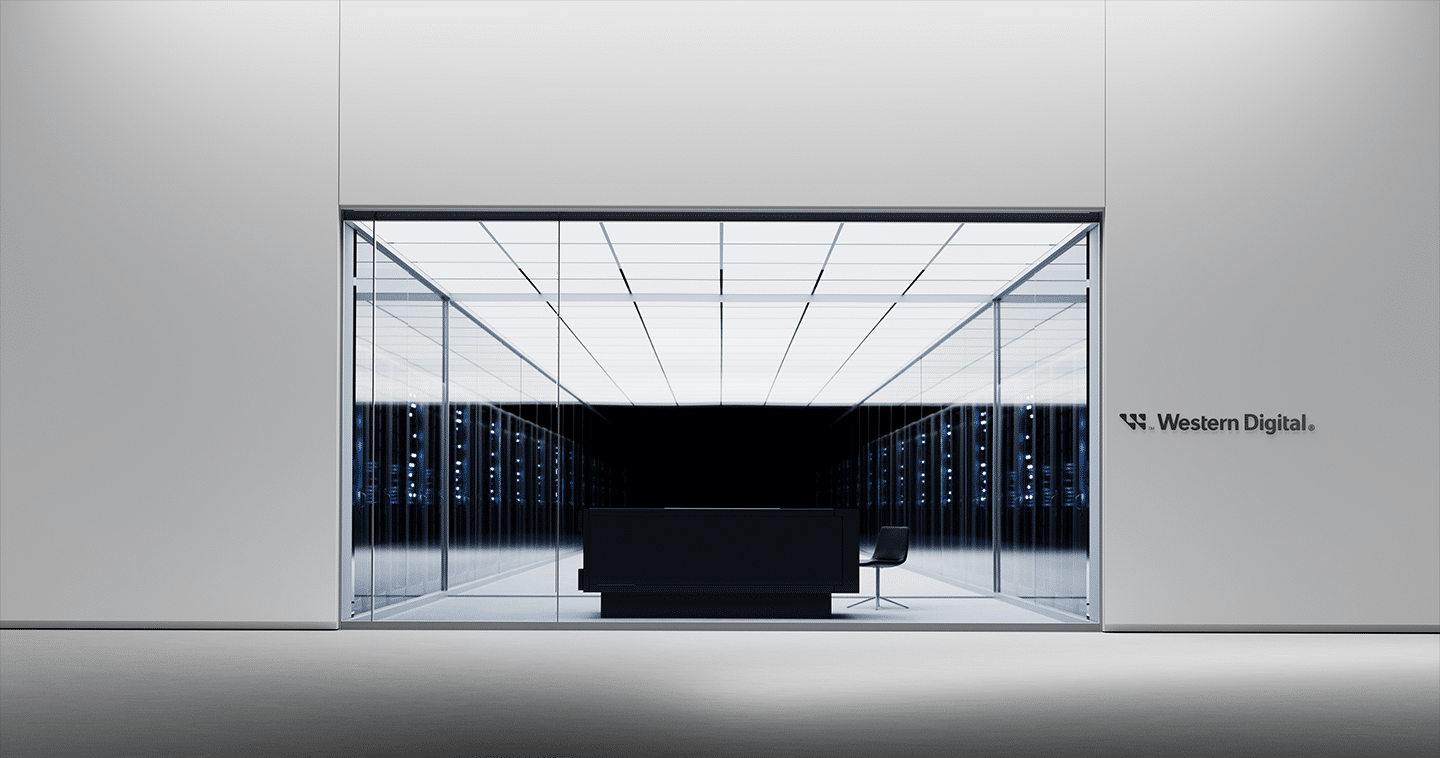On WD Red NAS Drives
Continue checking here for updates regarding our WD Red NAS Drives
June 23, 2020
WD Red for NAS – Now More Choices for Customers
We want to thank our customers and partners for your feedback on our WD Red family of network attached storage (NAS) hard drives. Your real-world insights shared through in-depth reviews, blogs, forums and from our trusted partners are directly contributing to our work on an expansion of models and clarity of choice for customers. Please continue sharing your experiences and expectations of our products, as this input influences our development.
Due to the fact that the range of use cases for NAS has become increasingly diverse, we are now making it easier for users to match the right drive with their applications and workloads – from moderate small office/home office (SOHO) workloads to intensive small- and medium-business (SMB) use, as well as more demanding environments.
The WD Red Family
Here’s a breakdown of our products for NAS use-cases:
• Our current device-managed shingled magnetic recording (DMSMR) (2TB, 3TB, 4TB, and 6TB) WD Red series will be the choice for the majority of NAS owners whose demands are lighter SOHO workloads.
• WD Red Plus is the new name for conventional magnetic recording (CMR)-based NAS drives in the WD Red family, including all capacities from 1TB to 14TB. These will be the choice for those whose applications require more write-intensive SMB workloads such as ZFS. WD Red Plus in 2TB, 3TB, 4TB and 6TB capacities will be available soon.
• Our WD Red Pro (CMR 2TB to 18TB) series for the highest-intensity usage remains the same.
The Right Drive for SOHO Users
From our experience, we see most SOHO users rely on their systems for office file sharing, home backup or content archiving. Throughput and idle time are key considerations in these types of SOHO workloads. As explained in our post on DMSMR, as well as in media reviews, these drives prefer idle time to perform background operations, without which the drive may take longer to complete a command. Our use-case analysis shows that SOHO workloads typically are based on short periods of access to the drives. This results in extremely low average throughput (compared with the drive’s available throughput) and provides plenty of idle time for the DMSMR drive to perform the necessary background operations, making it an ideal fit for this application.
From a sequential performance perspective, our tests confirm that our WD Red DMSMR drives are on par with our existing CMR drives. Third-party testing also validates the performance of WD Red DMSMR drives compared with other drives under general hard drive benchmarks used in an NAS environment.
In a RAID rebuild scenario using a typical Synology or QNAP (non-ZFS) platform, WD Red DMSMR drives perform as well as CMR drives or show slightly longer RAID rebuild times, depending on the condition of the drive and extent of rebuild required. While test results can vary from one methodology and test bed to the next, we acknowledge that in some cases DMSMR, for the idle-time reasons covered earlier, can result in slower rebuild times.
For Users with Workload-intensive Applications and ZFS: CMR
The explosion of data seen today has spawned a spectrum of NAS uses cases, as well as increasingly demanding applications. One of those includes use of ZFS, an enterprise-grade file system. The increased amount of sustained random writes during ZFS resilvering (similar to a rebuild) causes a lack of idle time for DMSMR drives to execute internal data management tasks, resulting in significantly lower performance reported by users. While we work with iXsystems on DMSMR solutions for lower-workload ZFS customers, we currently recommend our CMR-based WD Red drives, including WD Red Pro and the forthcoming WD Red Plus.
We’re listening.
In addition to taking customer and partner feedback seriously, we conduct in-house testing on the WD Red family of drives for compatibility, performance, endurance and other factors. These drives typically have been validated for compatibility on many platforms from NAS manufacturers such as Synology, QNAP, Asustor, Buffalo, Netgear and Thecus. The DMSMR drives met all of our test requirements, and we’re actively working with system makers like Synology to ensure use cases are validated for customers.
As a leader in HDD and flash technologies, we are committed to addressing the evolving needs of our customers and to offering the right technology for each implementation. This philosophy launched WD Red drives years ago, and they have been a leader in their field ever since. We continue engaging customers and partners and analyzing real-world data to offer a family of WD Red NAS drives – from HDDs to SSDs – that serve all workloads and applications.
April 22, 2020
The past week has been eventful, to say the least. As a team, it was important that we listened carefully and understood your feedback about our WD Red NAS drives, specifically how we communicated which recording technologies are used. Your concerns were heard loud and clear. Here is that list of our client internal HDDs available through the channel:
| WD Red | WD Red Pro | WD Blue | WD Black | WD Purple | ||
|---|---|---|---|---|---|---|
| 3.5″ | 1TB or below | CMR | CMR | CMR | CMR | CMR |
| 2TB – 6TB | SMR | CMR | SMR / CMR | CMR | CMR | |
| 8TB and above | CMR | CMR | – | – | CMR | |
| 2.5″ | 500GB or below | – | – | CMR | SMR / CMR | – |
| 1TB | CMR | – | SMR | SMR | – | |
| 2TB | – | – | SMR | – | – | |
Click here for SKUs to our client internal HDDs using SMR technology.
We’re committed to providing the information that can help make an informed buying decision for as many uses as possible. Thank you for letting us know how we can do better. We will update our marketing materials, as well as provide more information about SMR technology, including benchmarks and ideal use cases.
Again, we know you entrust your data to our products, and we don’t take that lightly. If you have purchased a drive, please call our customer care if you are experiencing performance or any other technical issues. We will have options for you. We are here to help.
More to come.
April 20, 2020
Recently, there has been a discussion regarding the recording technology used in some of our WD Red hard disk drives (HDDs). We regret any misunderstanding and want to take a few minutes to discuss the drives and provide some additional information.
WD Red HDDs are ideal for home and small businesses using NAS systems. They are great for sharing and backing up files using one to eight drive bays and for a workload rate of 180 TB a year. We’ve rigorously tested this type of use and have been validated by the major NAS providers.
We typically specify the designed-for use cases and performance parameters and don’t always talk about what’s under the hood. One of those innovations is Shingled Magnetic Recording (SMR) technology.
SMR is tested and proven technology that enables us to keep up with the growing volume of data for personal and business use. We are continuously innovating to advance it. SMR technology is implemented in different ways – drive-managed SMR (DMSMR), on the device itself, as in the case of our lower capacity (2TB – 6TB) WD Red HDDs, and host-managed SMR, which is used in high-capacity data center applications. Each implementation serves a different use case, ranging from personal computing to some of the largest data centers in the world.
DMSMR is designed to manage intelligent data placement within the drive, rather than relying on the host, thus enabling a seamless integration for end users. The data intensity of typical small business/home NAS workloads is intermittent, leaving sufficient idle time for DMSMR drives to perform background data management tasks as needed and continue an optimal performance experience for users.
WD Red HDDs have for many years reliably powered home and small business NAS systems around the world and have been consistently validated by major NAS manufacturers. Having built this reputation, we understand that, at times, our drives may be used in system workloads far exceeding their intended uses. Additionally, some of you have recently shared that in certain, more data intensive, continuous read/write use cases, the WD Red HDD-powered NAS systems are not performing as you would expect.
If you are encountering performance that is not what you expected, please consider our products designed for intensive workloads. These may include our WD Red Pro or WD Gold drives, or perhaps an Ultrastar drive. Our customer care team is ready to help and can also determine which product might be best for you.
We know you entrust your data to our products, and we don’t take that lightly. If you have purchased a WD Red drive, please call our customer care if you are experiencing performance or any other technical issues. We will have options for you. We are here to help.





